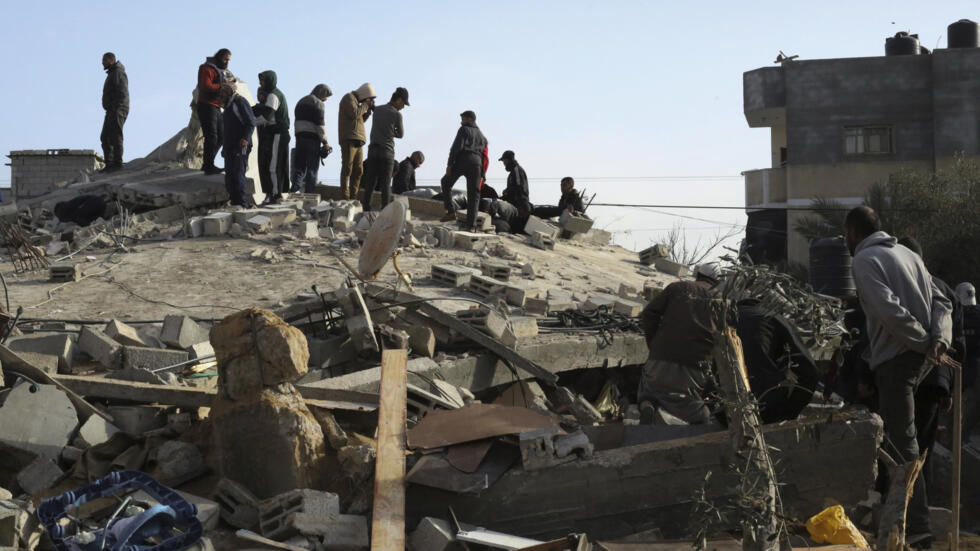In a significant development, Hamas, the Islamist faction governing Gaza, has accepted a ceasefire proposal brokered by Egypt and Qatar. The announcement came on Monday, with Hamas Chief Ismail Haniyeh informing Qatar’s prime minister and Egypt’s intelligence chief of the group’s acceptance of the ceasefire agreement. While immediate details of the agreement were not disclosed, this move marks a crucial step towards de-escalating tensions in the region.
Background and Context
The ceasefire proposal comes amidst escalating tensions in the region, with Israel having earlier requested Palestinians to evacuate the eastern parts of Rafah in preparation for a potential military operation. The ceasefire talks between Israel and Hamas had reportedly hit a roadblock over the weekend, leading to concerns of further violence and displacement in the area. The Israeli military had indicated the need to evacuate around 100,000 Palestinians from Rafah as part of the operation.
BREAKING
Hamas accepts ceasefire deal according to Egypt and Qatar.
People are celebrating prematurely because Israel has NOT accepted any deal.
Nor do I except they will pic.twitter.com/SJjVqIqMaV
— Casey Wright 🥖🎪 (@503i7) May 6, 2024
Hamas’s Acceptance
Hamas’s decision to accept the ceasefire proposal signifies a willingness to prioritize peace and stability in the region. By communicating their acceptance to the mediators from Egypt and Qatar, Hamas has taken a proactive step towards ending hostilities and fostering a more peaceful environment in Gaza. The move is expected to ease tensions and pave the way for constructive dialogue between the involved parties.
International Response
The acceptance of the ceasefire deal by Hamas has been met with cautious optimism by the international community. The involvement of Egypt and Qatar in brokering the agreement highlights the importance of regional cooperation in resolving conflicts and promoting peace. The United Nations and other global stakeholders have expressed support for the ceasefire initiative, emphasizing the need for all parties to uphold the terms of the agreement and work towards a lasting peace in the region.
Future Prospects
As Hamas embraces the ceasefire deal proposed by Egypt and Qatar, the focus now shifts towards implementing the agreement and ensuring compliance from all sides. The coming days will be crucial in monitoring the situation on the ground, assessing the impact of the ceasefire on the affected populations, and building trust between the conflicting parties. The successful implementation of the ceasefire could set the stage for broader peace negotiations and a more stable future for Gaza and its residents.In conclusion, Hamas’s acceptance of the ceasefire deal brokered by Egypt and Qatar represents a positive step towards de-escalating tensions and fostering peace in the region. The agreement holds the promise of reducing violence, protecting civilian lives, and creating a conducive environment for dialogue and reconciliation among the involved parties.

